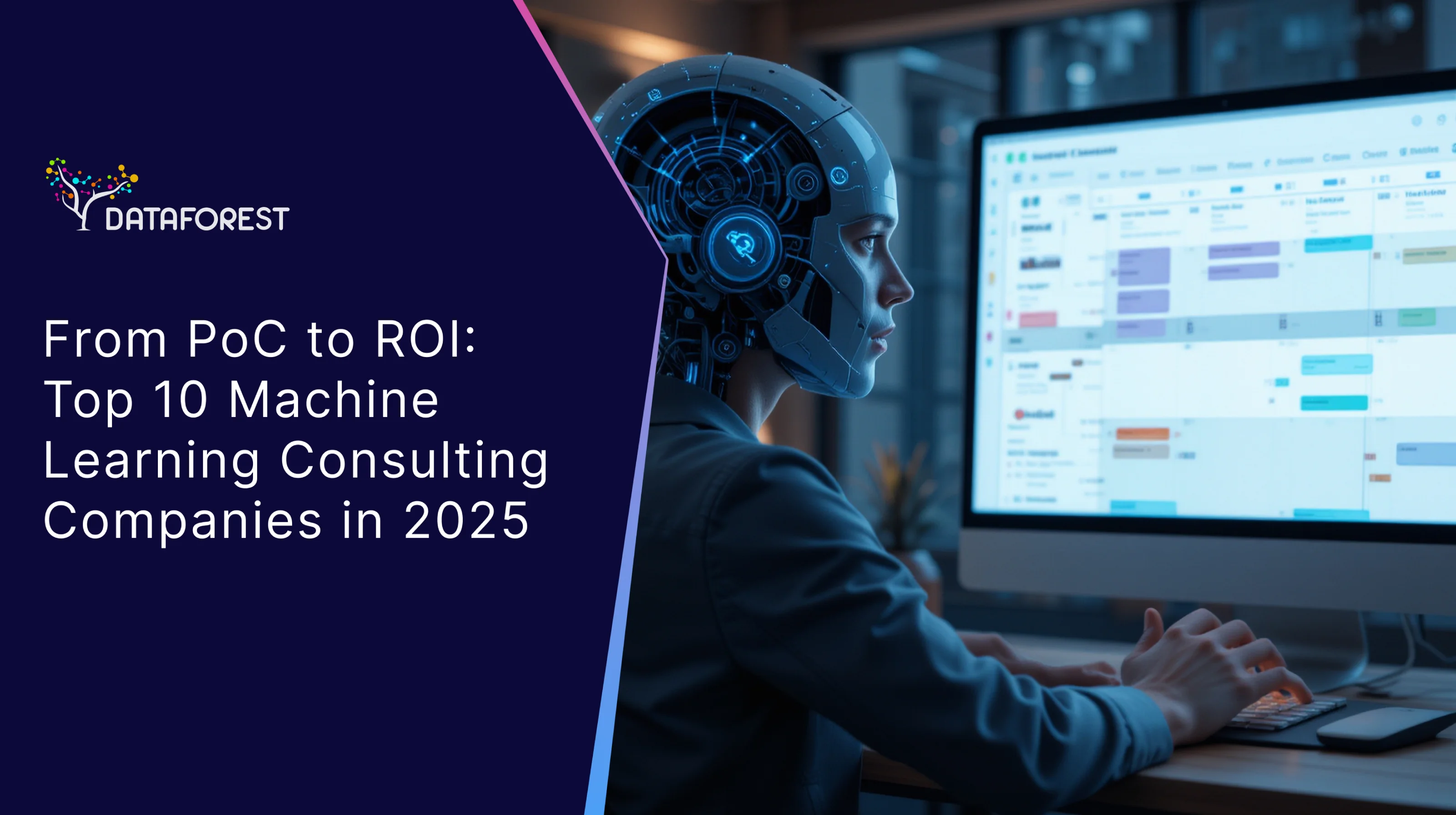Share
Table of contents:
Data Science is an interdisciplinary field that uses scientific methods, processes, algorithms, and systems to extract knowledge and insights from structured and unstructured data. It applies theories and techniques drawn from many fields within the context of mathematics, statistics, computer science, and information science. This domain encompasses a wide range of data-oriented technologies including machine learning, data mining, and big data.
The fundamental objective of data science is to derive actionable insights from data. These insights can help inform decision-making in various sectors such as business, science, government, social sciences, and healthcare. Data science is not just about the extraction of data but also involves its analysis, preparation, visualization, management, and preservation to ensure that data-driven decisions are accurate and reliable.
Core Components of Data Science
- Data Exploration and Preparation: This includes preprocessing and cleaning data to eliminate inaccuracies, duplication, and inconsistencies. It involves exploring the data to understand its underlying patterns, characteristics, and potential biases before it can be used in predictive modeling.
- Statistical Analysis: Data scientists use statistical models to infer properties of a population. This includes hypothesis testing, estimation, and deriving predictions. Techniques range from simple linear regression to complex Bayesian analysis depending on the data and the specific requirements of the project.
- Machine Learning and Predictive Modeling: These techniques are used to predict future trends based on historical data. Machine learning algorithms can be supervised, unsupervised, or semi-supervised. These models adjust their parameters on the basis of the feedback available, thereby improving their predictions or decisions automatically over time.
- Data Visualization: The graphical representation of data involves creating visual interpretations of complex data sets to help stakeholders understand the significance of data and assist in decision-making processes. Visualization tools and technologies make the data more accessible and understandable.
- Big Data Technologies: With the exponential growth of data, data science incorporates big data technologies to process and analyze large datasets that traditional data processing applications cannot handle. This includes technologies like Hadoop, Spark, and big data platforms that can process and analyze large volumes of data in real time.
Functions and Uses
Data science is utilized in many fields to optimize processes, maximize efficiency, and predict future trends. In business, it helps in identifying market trends and customer preferences, which can drive strategy and sales. In healthcare, it can predict disease patterns and assist in diagnostics. In the field of logistics, data science can optimize routes and inventories. In banking, it is used for risk analytics and fraud detection.
The practice of data science requires skills in various domains such as computer science for algorithm development, statistics and mathematics for modeling, and domain expertise for shaping the analytical framework. It is inherently a team-oriented discipline that involves collaborative efforts among data engineers, data analysts, software developers, and business analysts. The integrity, privacy, and ethical use of data are critical components, necessitating strong governance frameworks to ensure data is handled responsibly.
In conclusion, data science is a dynamic field that encompasses a range of techniques and practices used to analyze, process, and derive insights from data. It is a pivotal aspect of competitive strategies in the digital age, offering the ability to turn raw data into crucial business insights.












